Global Affairs Canada Delegation Commends Progress of SUNCASA Nature-Based Solutions Project in Dire Dawa, Ethiopia
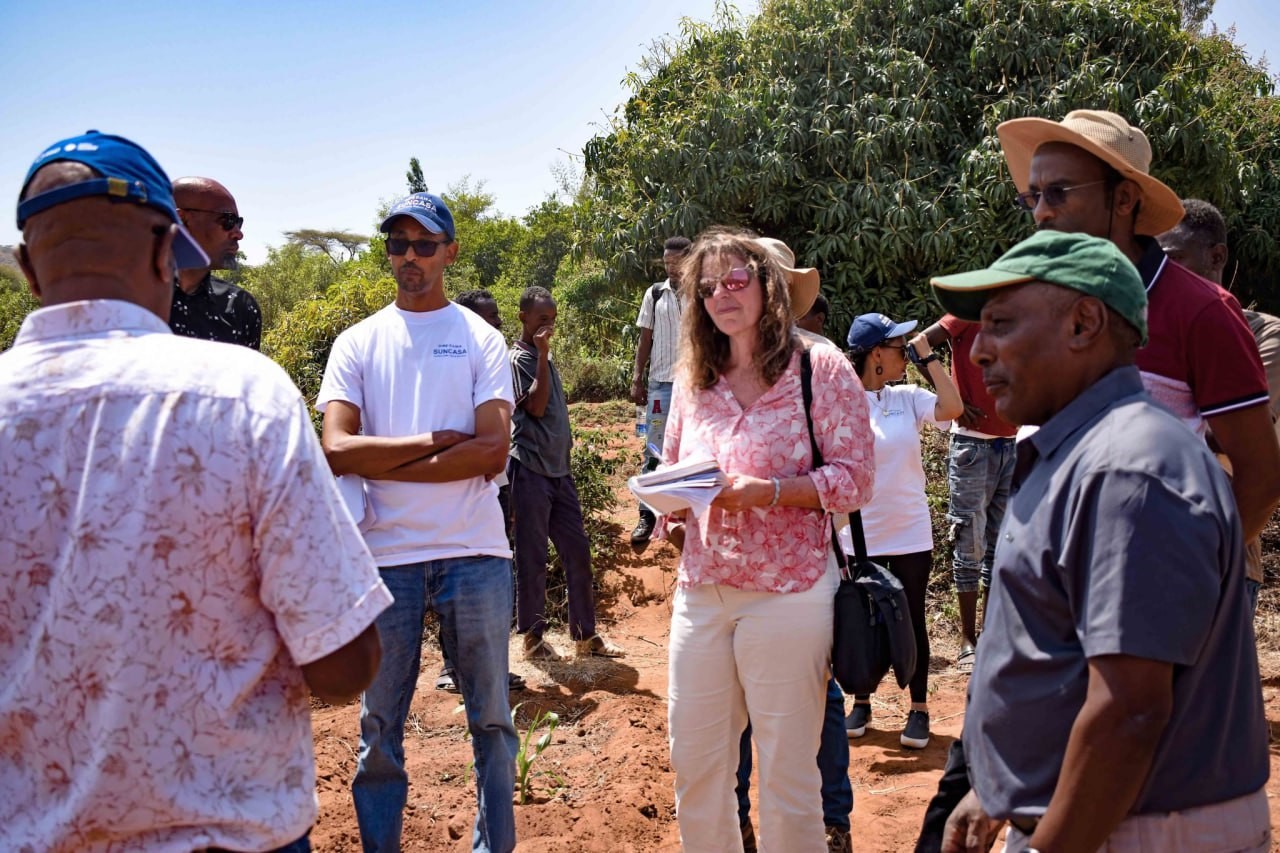 A delegation from Global Affairs Canada (GAC) has completed a site visit to the SUNCASA project in Dire Dawa, commending the initiative’s progress in enhancing climate resilience and community livelihoods through Nature-Based Solutions (NbS).
A delegation from Global Affairs Canada (GAC) has completed a site visit to the SUNCASA project in Dire Dawa, commending the initiative’s progress in enhancing climate resilience and community livelihoods through Nature-Based Solutions (NbS).
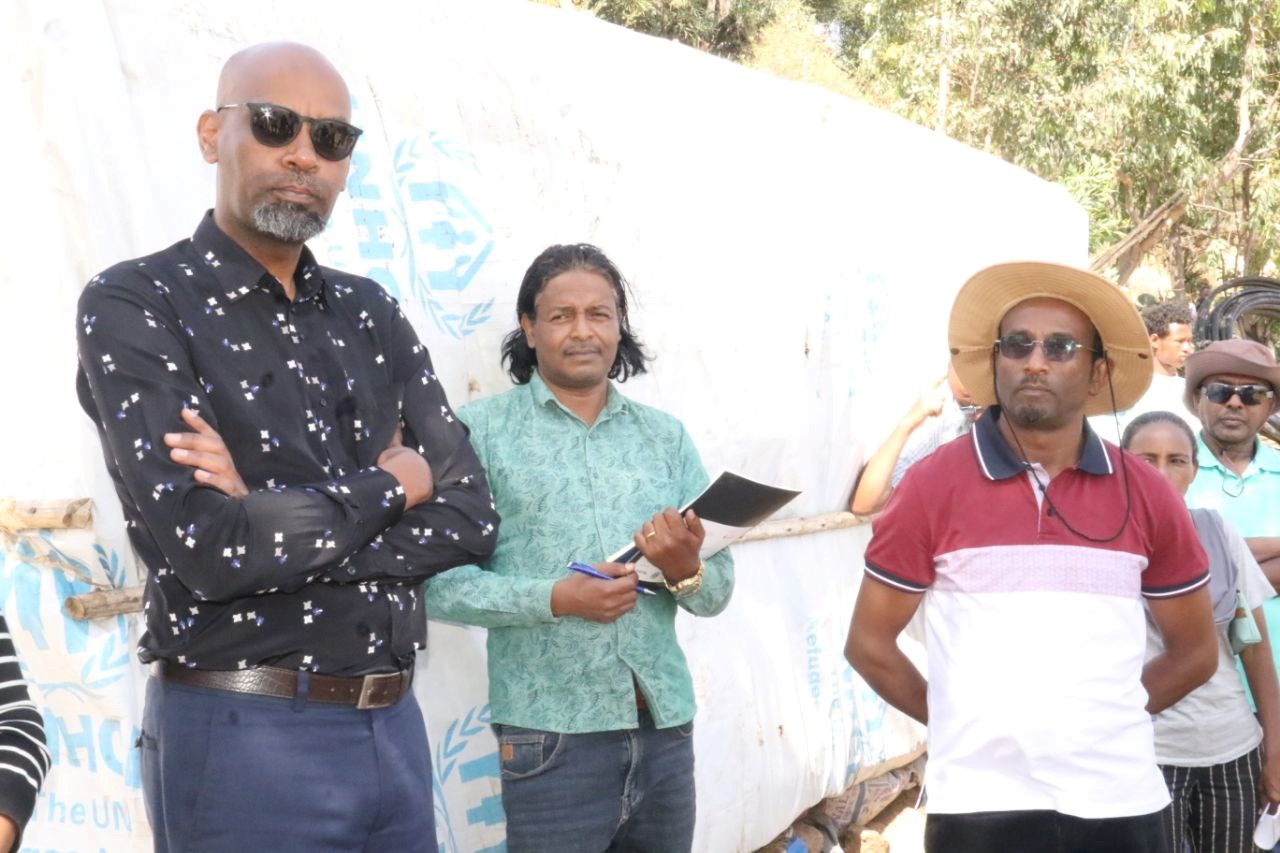 On February 27, 2025, a delegation from Global Affairs Canada (GAC), led by Senior Development Officer Catherine Pelletie-Hardy, conducted a site visit to evaluate the progress of the SUNCASA project. This initiative, launched in January 2024, is backed by funding from GAC and strategic partnerships with the World Resources Institute (WRI) and the International Institute for Sustainable Development (IISD). SUNCASA aims to reduce flood vulnerability in Dire Dawa and tackle environmental degradation through the implementation of comprehensive Nature-based Solutions (NbS).
On February 27, 2025, a delegation from Global Affairs Canada (GAC), led by Senior Development Officer Catherine Pelletie-Hardy, conducted a site visit to evaluate the progress of the SUNCASA project. This initiative, launched in January 2024, is backed by funding from GAC and strategic partnerships with the World Resources Institute (WRI) and the International Institute for Sustainable Development (IISD). SUNCASA aims to reduce flood vulnerability in Dire Dawa and tackle environmental degradation through the implementation of comprehensive Nature-based Solutions (NbS).
 The project, carried out in collaboration with Haramaya University and the Hararghe Catholic Secretariat (HCS), takes a comprehensive approach that includes afforestation, agroforestry, buffer zone development, and urban greening. The goal is to restore the Dechatu River basin and improve the overall ecological landscape.
The project, carried out in collaboration with Haramaya University and the Hararghe Catholic Secretariat (HCS), takes a comprehensive approach that includes afforestation, agroforestry, buffer zone development, and urban greening. The goal is to restore the Dechatu River basin and improve the overall ecological landscape.
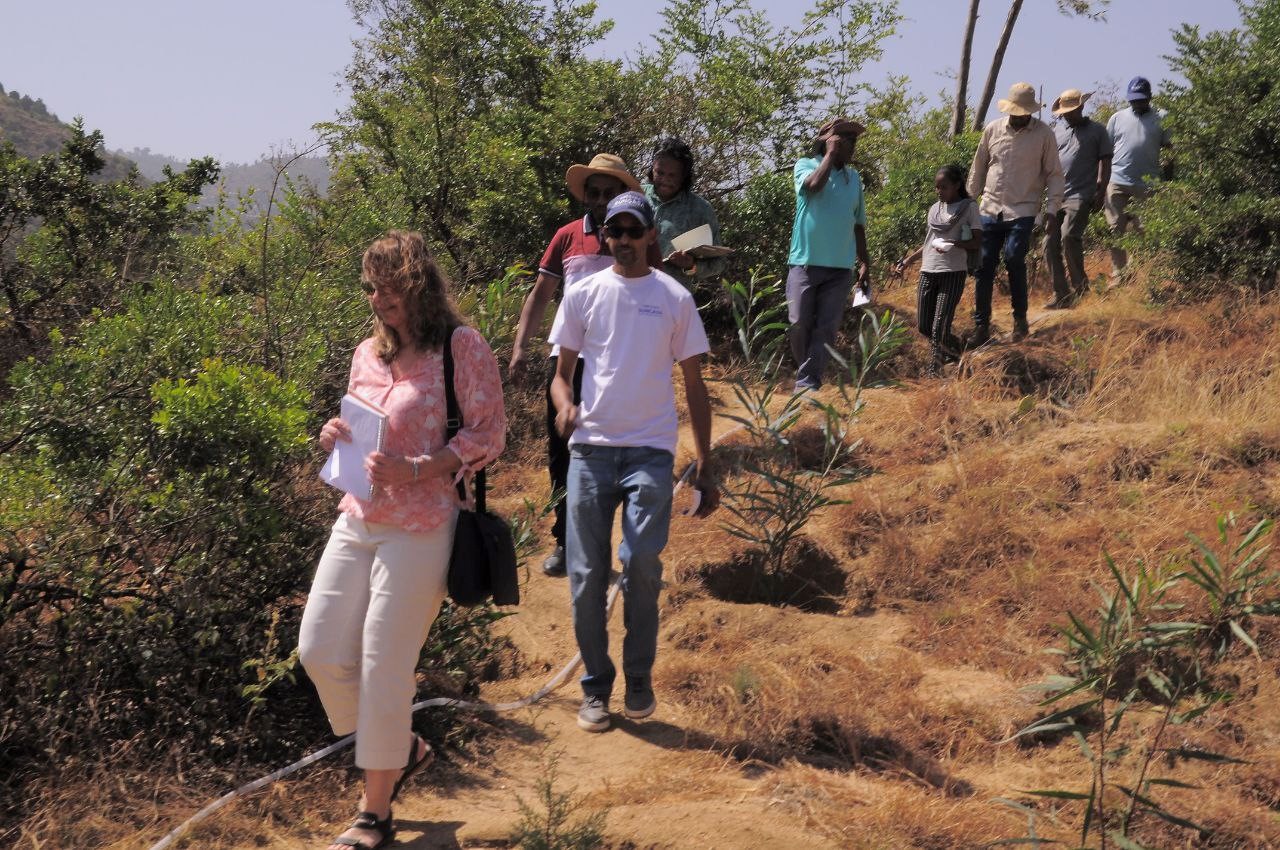 “The project focuses on developing the Dechatu River basin and implementing various natural resource conservation measures to mitigate flood risks, which is a significant challenge for Dire Dawa. Masresha Yimer, Director of Forestry Protection at the Dire Dawa Administration Environmental Forest and Climate Change Authority, stated, ‘We have observed that 280,000 seedlings have been planted and are thriving.'”
“The project focuses on developing the Dechatu River basin and implementing various natural resource conservation measures to mitigate flood risks, which is a significant challenge for Dire Dawa. Masresha Yimer, Director of Forestry Protection at the Dire Dawa Administration Environmental Forest and Climate Change Authority, stated, ‘We have observed that 280,000 seedlings have been planted and are thriving.'”
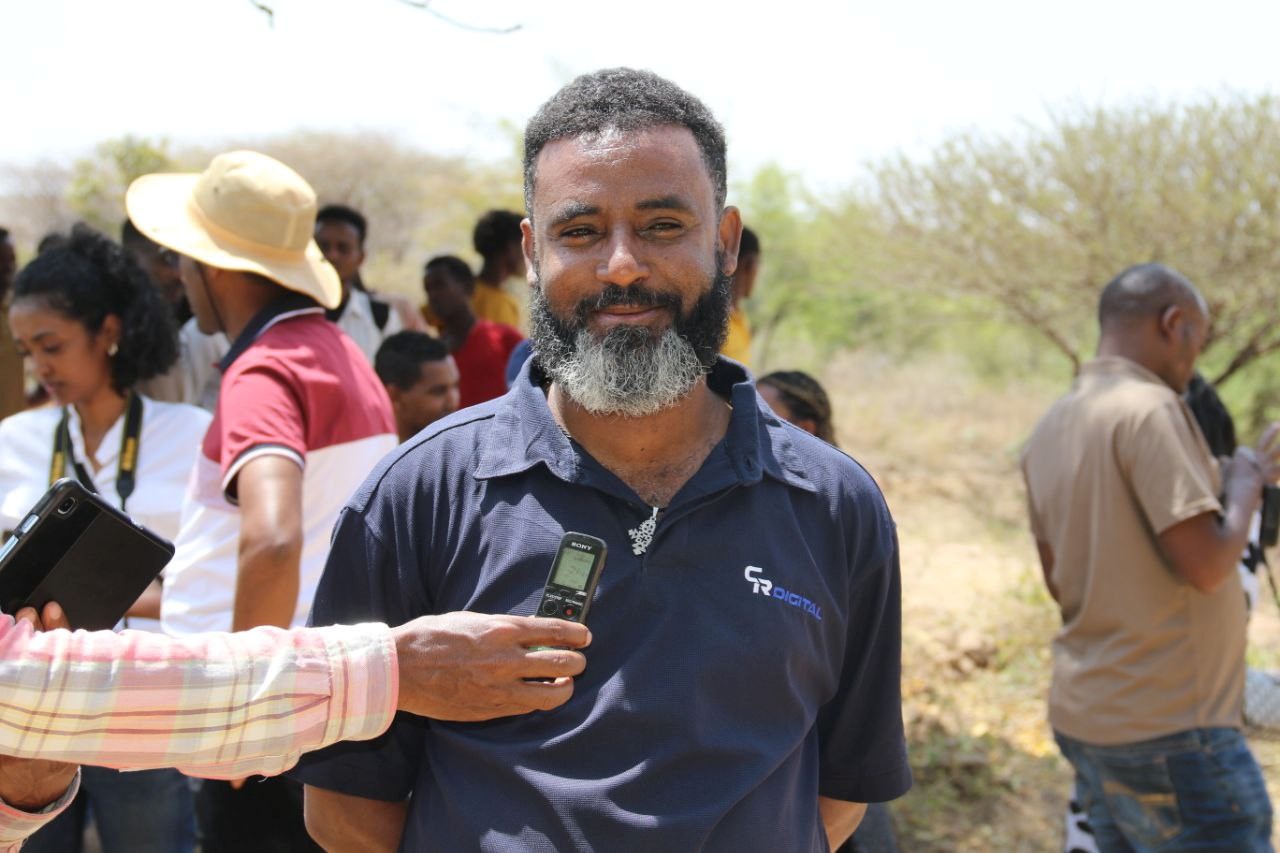 Mesfin Alemayehu, The Technical Lead from HCS side of the SUNCASA Project, emphasized the project’s regional impact, stating, “Our organization is committed to environmental protection in Ethiopia, Rwanda, and South Africa, positively affecting over 2.2 million individuals, with a special focus on women.”
Mesfin Alemayehu, The Technical Lead from HCS side of the SUNCASA Project, emphasized the project’s regional impact, stating, “Our organization is committed to environmental protection in Ethiopia, Rwanda, and South Africa, positively affecting over 2.2 million individuals, with a special focus on women.”
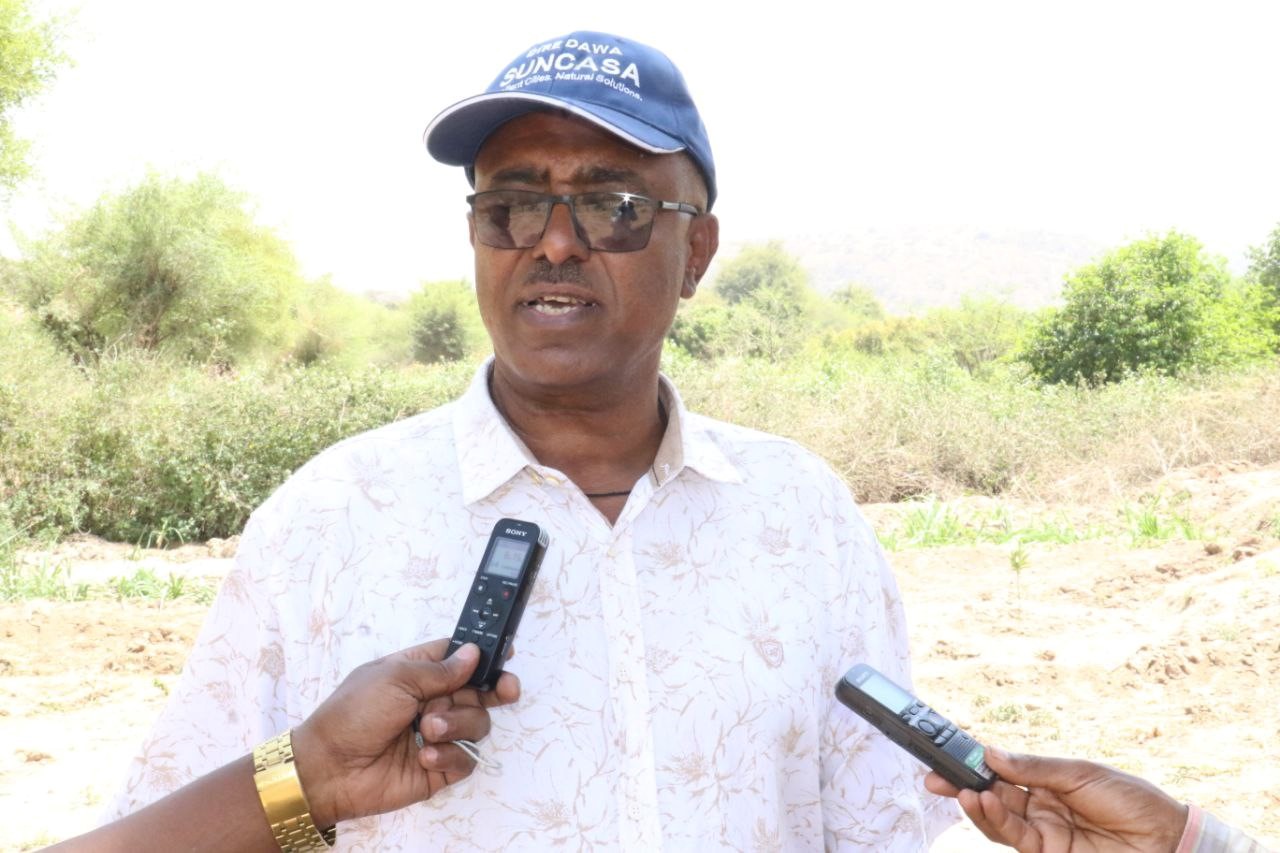 Alemakef Tassew, the Project Lead from WRI side for SUNCASA in Dire Dawa, emphasized the project’s sustainable focus. He stated, “To minimize flood damage and enhance environmental sustainability, we are promoting the planting of edible fruit trees. This initiative not only provides income opportunities for farmers but also encourages long-term environmental stewardship. By increasing plant cover, we will contribute significantly to the town’s green infrastructure.”
Alemakef Tassew, the Project Lead from WRI side for SUNCASA in Dire Dawa, emphasized the project’s sustainable focus. He stated, “To minimize flood damage and enhance environmental sustainability, we are promoting the planting of edible fruit trees. This initiative not only provides income opportunities for farmers but also encourages long-term environmental stewardship. By increasing plant cover, we will contribute significantly to the town’s green infrastructure.”
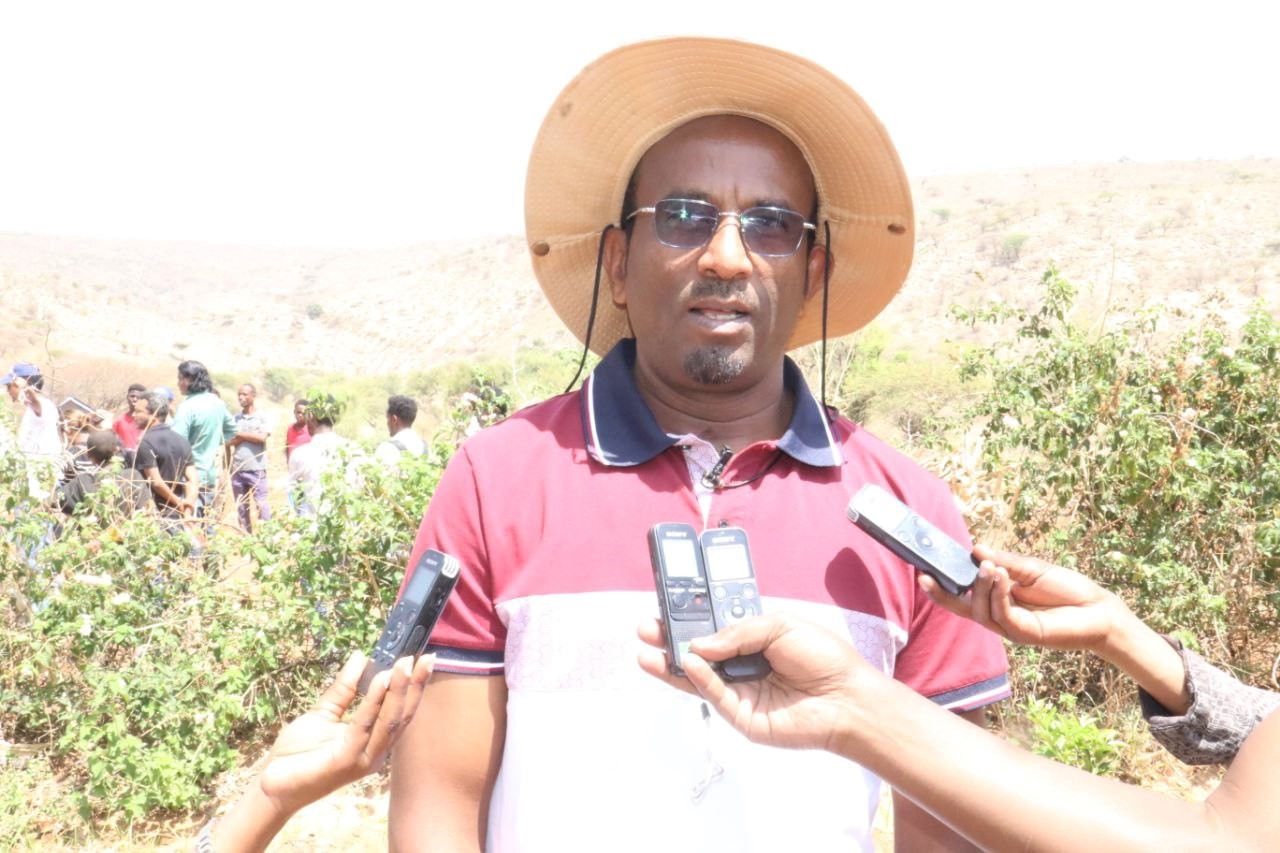 Dr. Asfaw Kebede, the Technical Lead from HU side Lecturer/Researcher at Haramaya University, outlined the strategic initiatives of the project. These initiatives include the establishment of 350 hectares of new forests, which will consist of 750,000 trees. Additionally, the project integrates 420,000 trees across 385 hectares to promote sustainable land use and develops 83 hectares of buffer zones planted with 182,000 trees and grasses.
Dr. Asfaw Kebede, the Technical Lead from HU side Lecturer/Researcher at Haramaya University, outlined the strategic initiatives of the project. These initiatives include the establishment of 350 hectares of new forests, which will consist of 750,000 trees. Additionally, the project integrates 420,000 trees across 385 hectares to promote sustainable land use and develops 83 hectares of buffer zones planted with 182,000 trees and grasses.
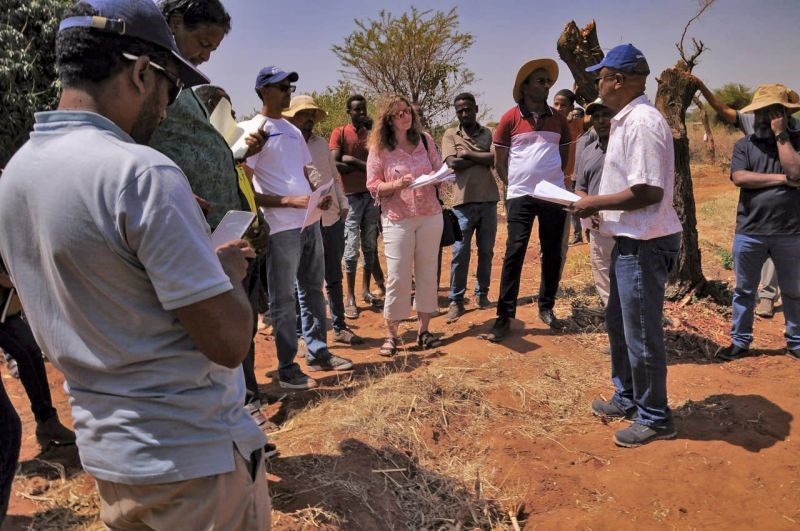 The project includes the planting of 10,000 trees to help reduce urban heat. A significant feature of this initiative is the creation of a public park in Dire Dawa, which will be home to 2,500 seedlings. Additionally, a Decision Support System (DSS) will be implemented for data-driven resource management, playing a crucial role in the overall project. Dr. Asfaw expressed gratitude to GAC, WRI, and IISD for their support, emphasizing SUNCASA’s potential to serve as a model for climate adaptation in Sub-Saharan Africa that could be replicated elsewhere.
The project includes the planting of 10,000 trees to help reduce urban heat. A significant feature of this initiative is the creation of a public park in Dire Dawa, which will be home to 2,500 seedlings. Additionally, a Decision Support System (DSS) will be implemented for data-driven resource management, playing a crucial role in the overall project. Dr. Asfaw expressed gratitude to GAC, WRI, and IISD for their support, emphasizing SUNCASA’s potential to serve as a model for climate adaptation in Sub-Saharan Africa that could be replicated elsewhere.
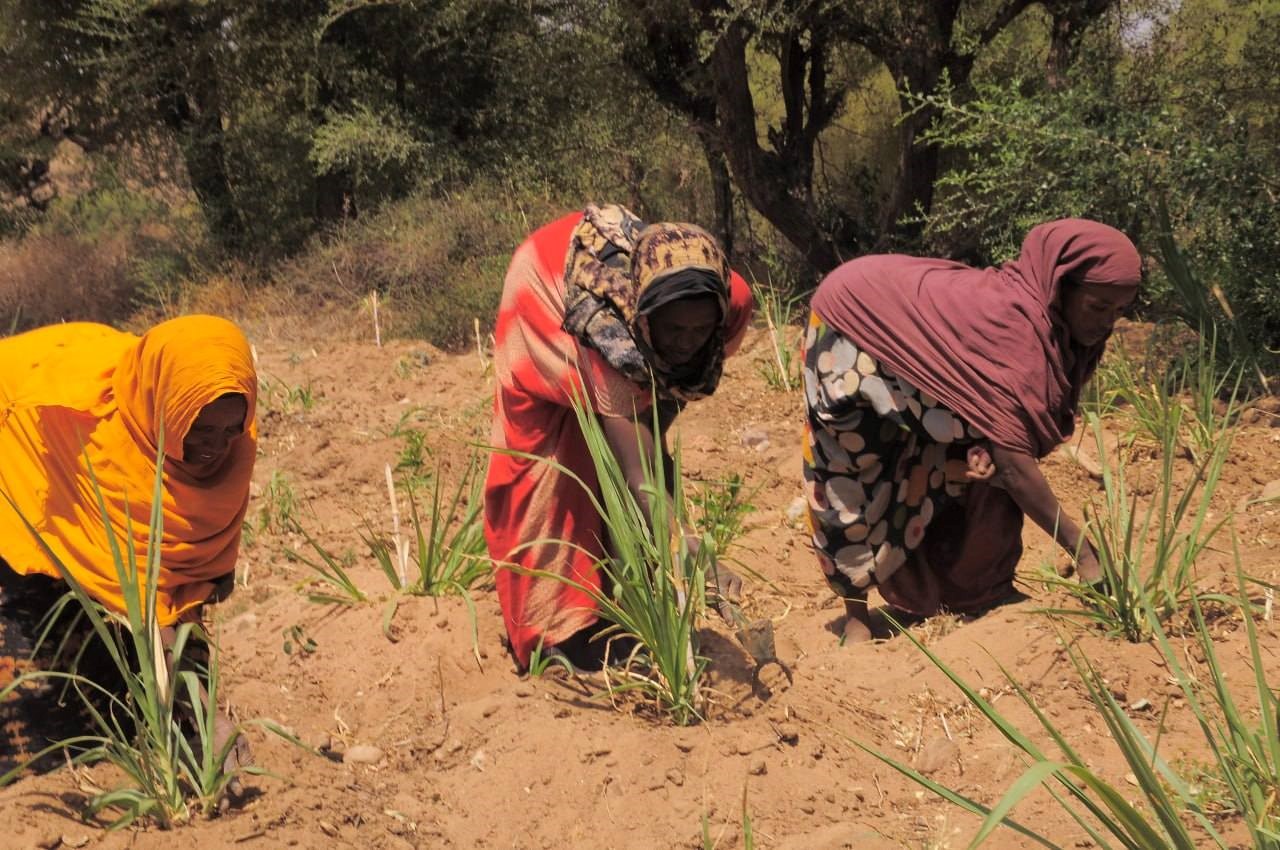
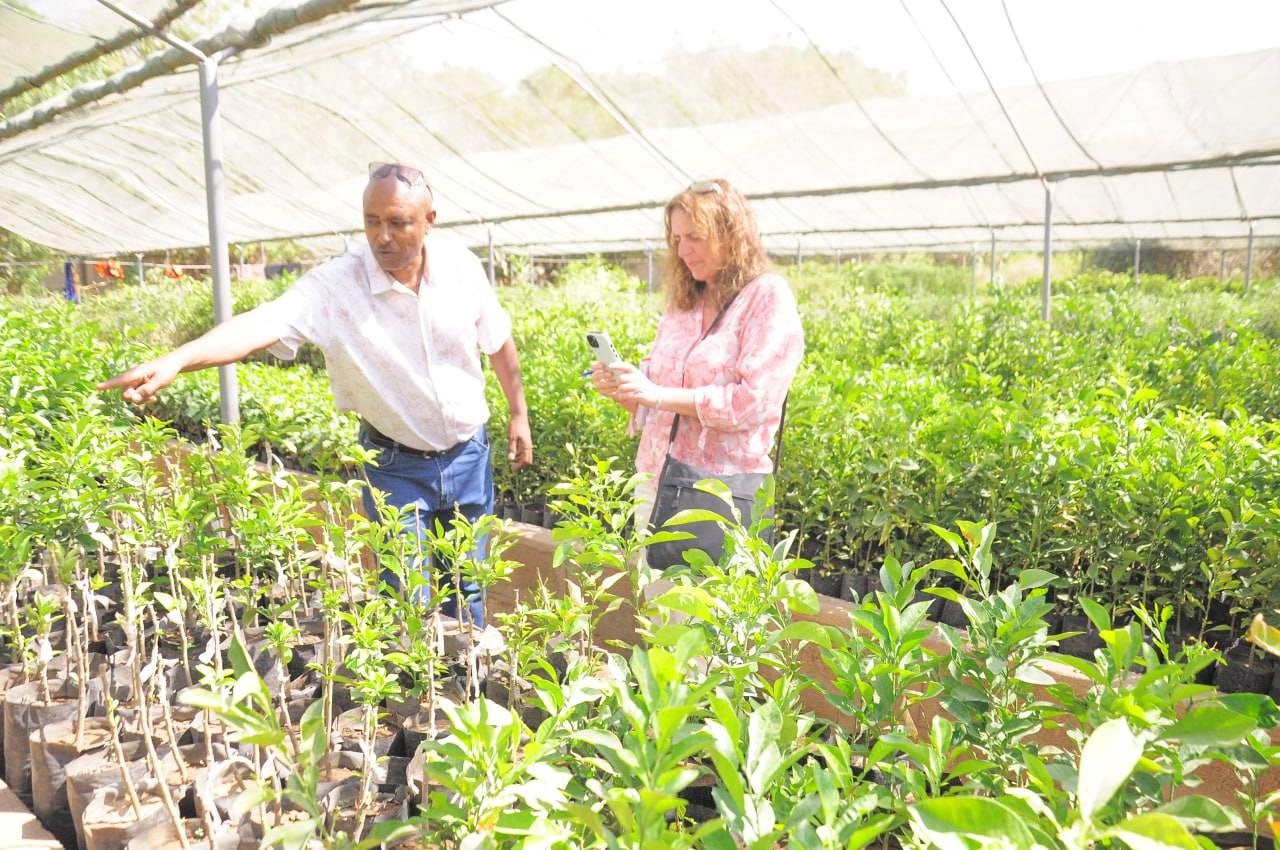
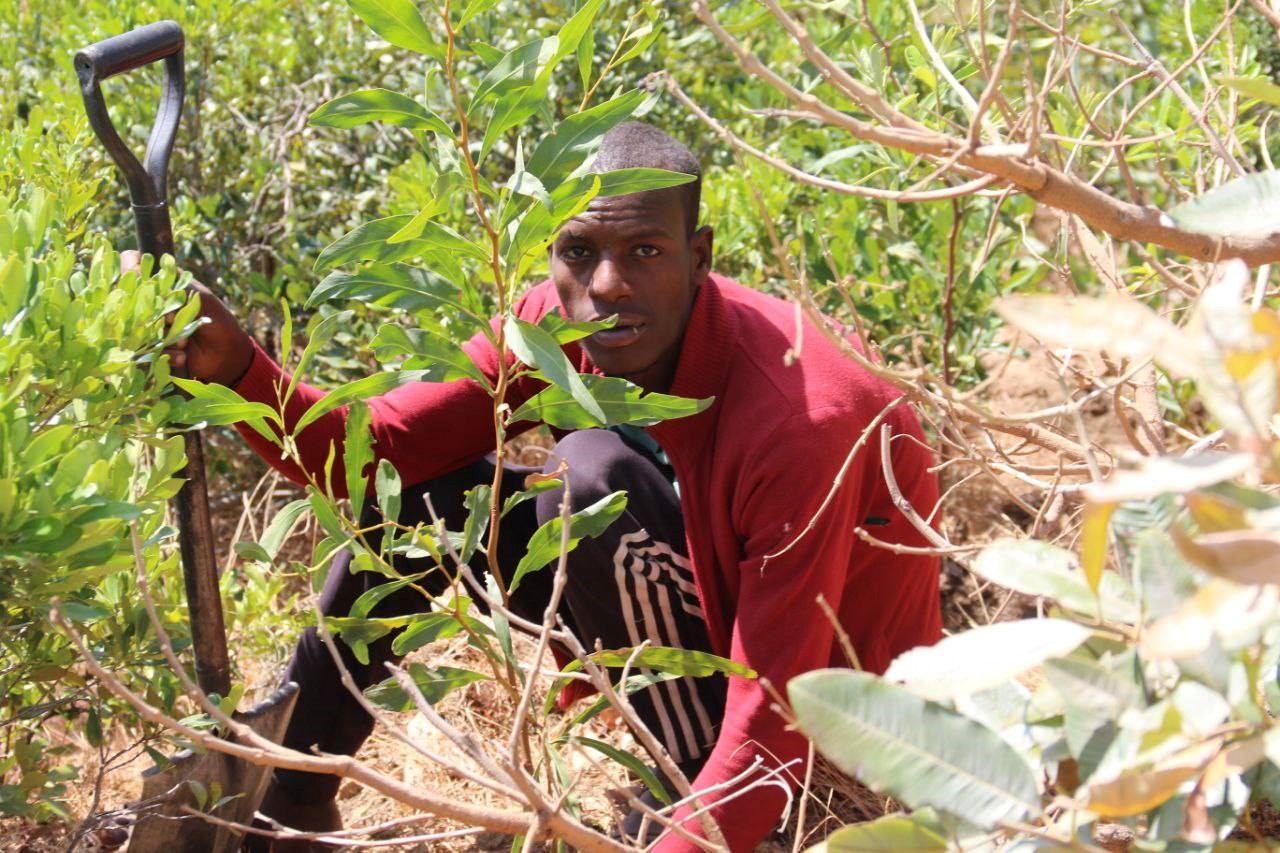 The GAC delegation was notably impressed by the project’s 85% tree survival rate, which highlights its effectiveness in difficult environmental conditions. Additionally, the delegation recognized the project’s important role in promoting gender equity and social inclusion, particularly appreciating how it has empowered women by providing them with employment opportunities in buffer zone areas.
The GAC delegation was notably impressed by the project’s 85% tree survival rate, which highlights its effectiveness in difficult environmental conditions. Additionally, the delegation recognized the project’s important role in promoting gender equity and social inclusion, particularly appreciating how it has empowered women by providing them with employment opportunities in buffer zone areas.
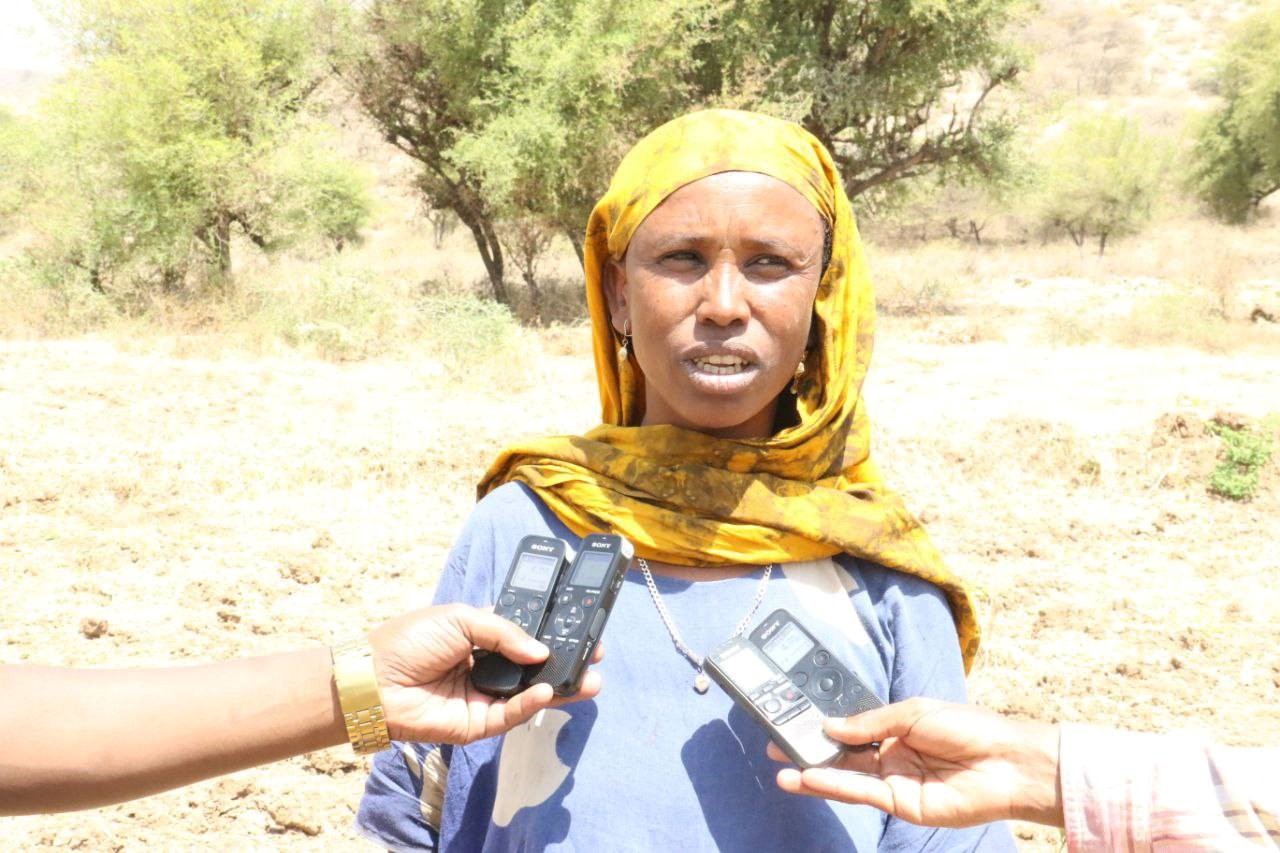 “We are seeing real benefits for local communities, such as job creation and the introduction of soil conservation and environmentally friendly initiatives,” noted a project participant. Residents like Razia Adam, Dechas Ahmed, and Safiya Ahmed shared how the project has positively impacted their livelihoods and improved their environmental practices.
“We are seeing real benefits for local communities, such as job creation and the introduction of soil conservation and environmentally friendly initiatives,” noted a project participant. Residents like Razia Adam, Dechas Ahmed, and Safiya Ahmed shared how the project has positively impacted their livelihoods and improved their environmental practices.
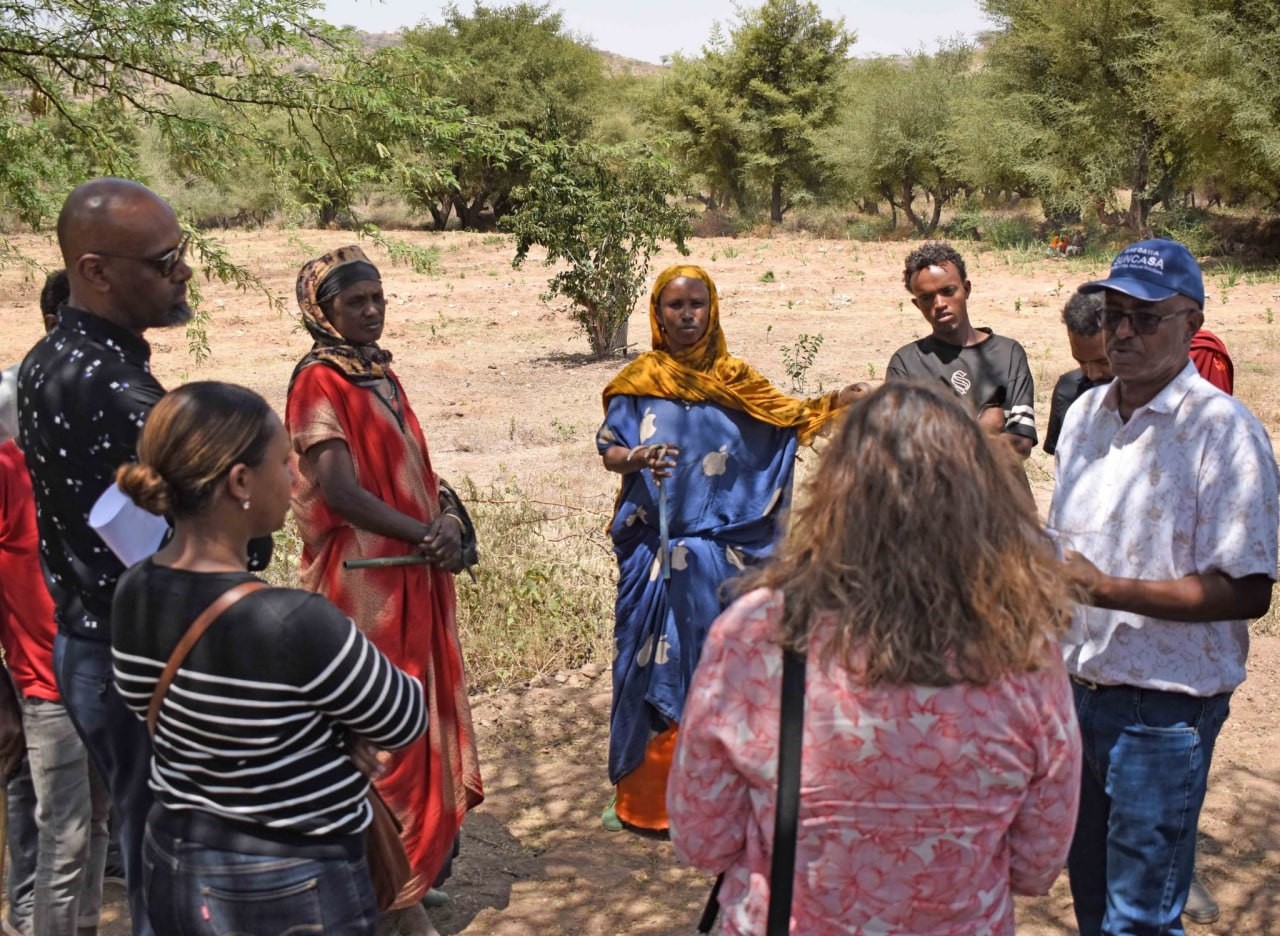
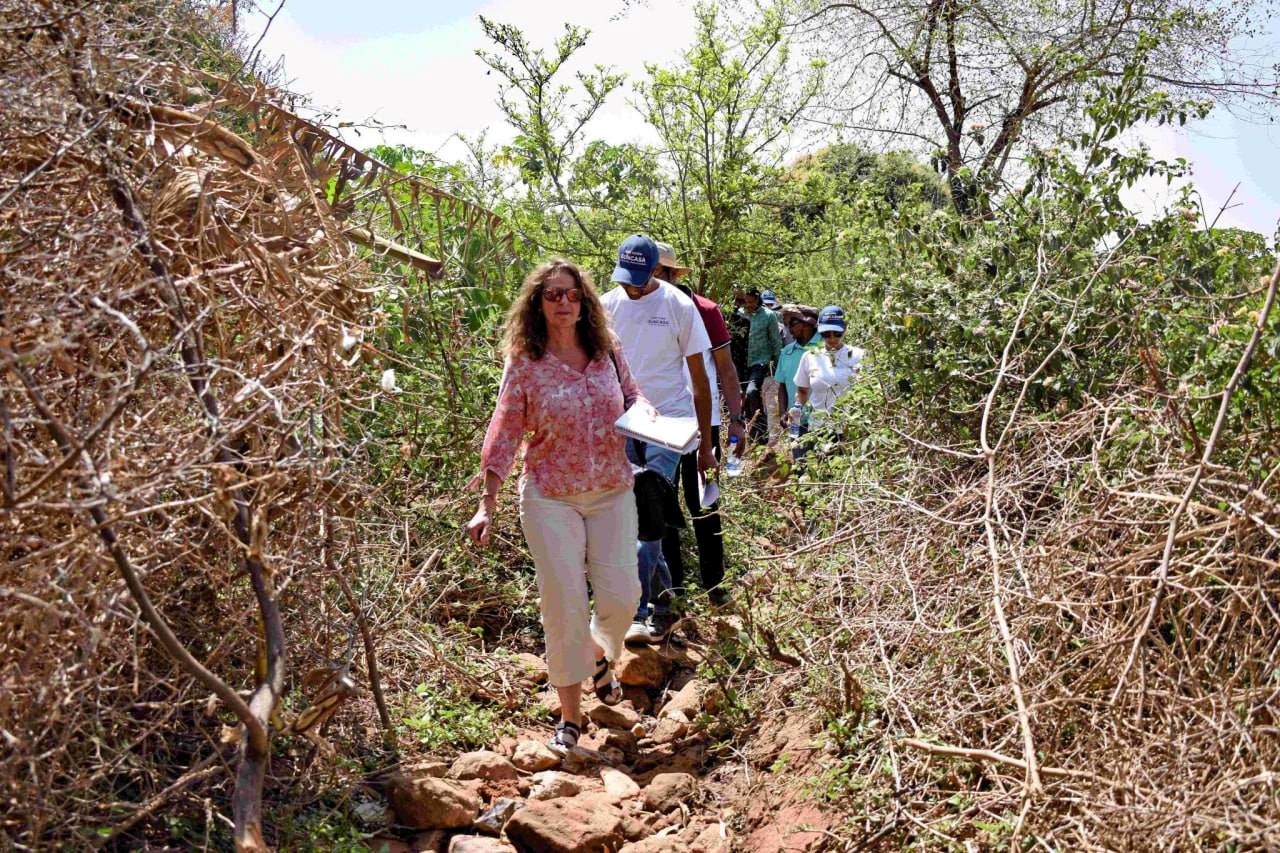 The site visit, organized by Haramaya University, the HCS, and the Dire Dawa Administration Environmental Forest and Climate Change Authority, offered a detailed overview of the project’s progress. It highlighted the project’s significant role in promoting sustainable development and enhancing climate resilience in Dire Dawa.
The site visit, organized by Haramaya University, the HCS, and the Dire Dawa Administration Environmental Forest and Climate Change Authority, offered a detailed overview of the project’s progress. It highlighted the project’s significant role in promoting sustainable development and enhancing climate resilience in Dire Dawa.
Reporter: Shemsedin Mohammed
Photographer: Fuad Ahmed
Haramaya University Public and International Relations Directorate
